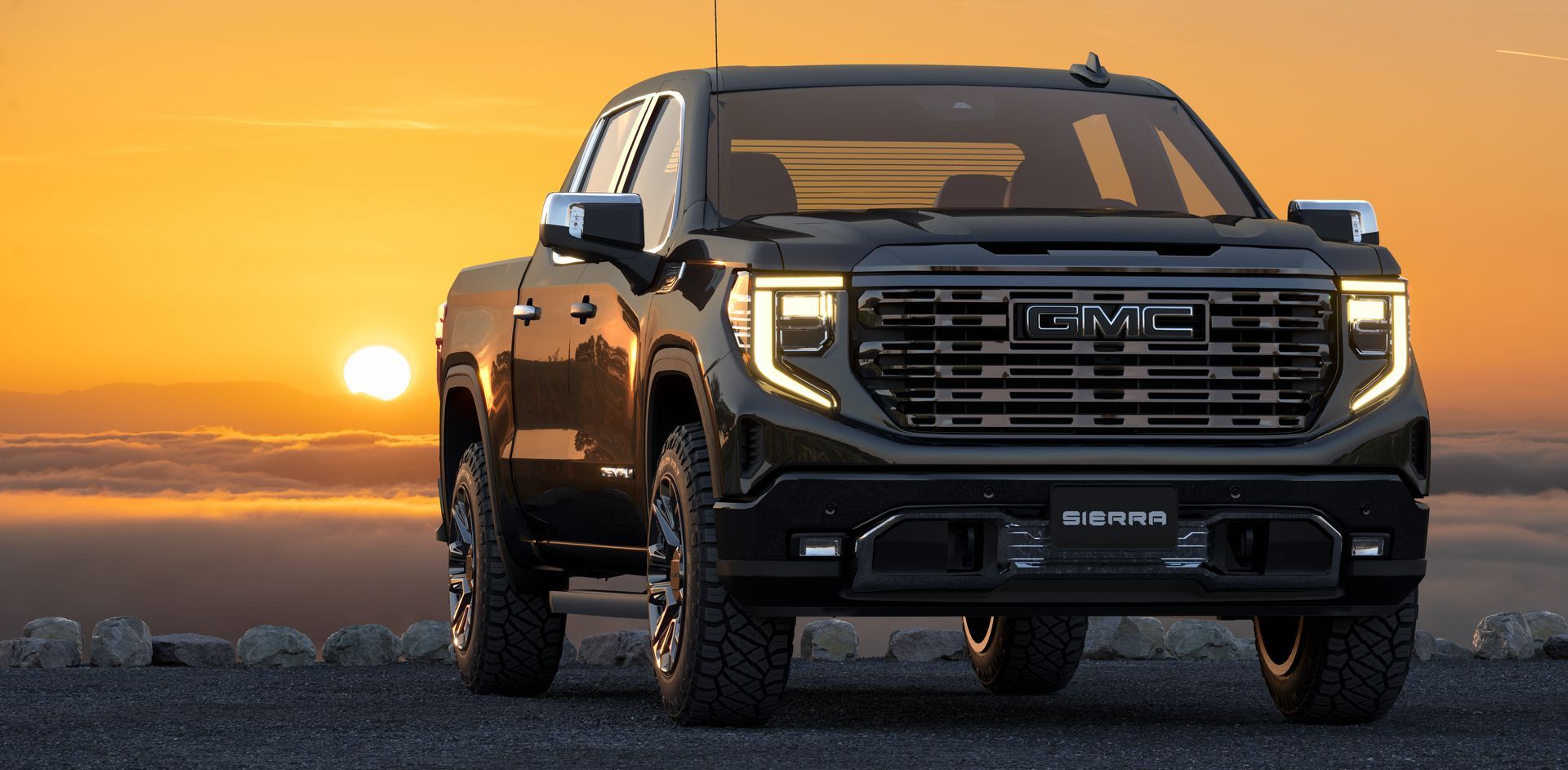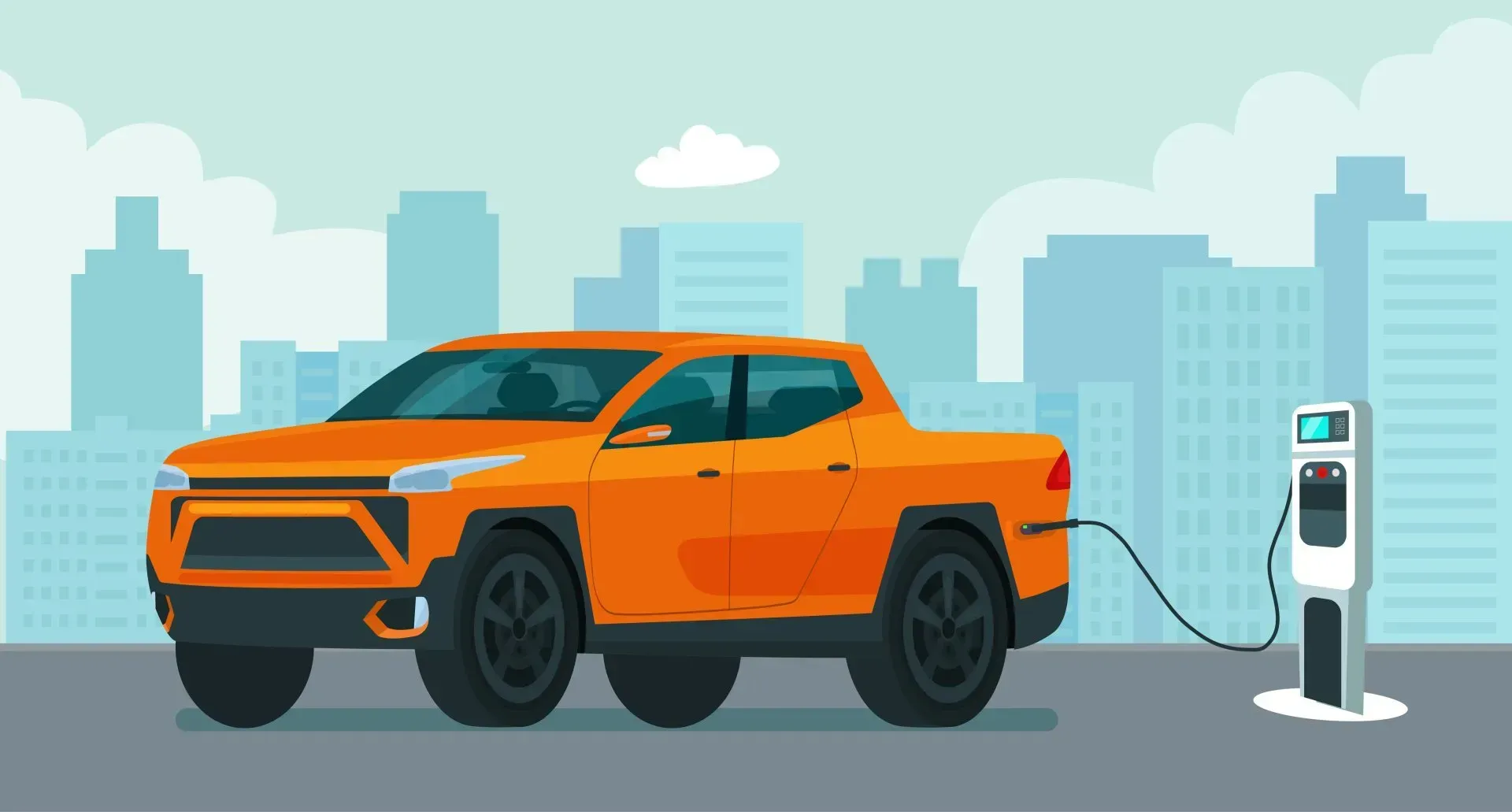Will the Used Car Industry See an Increase or Decrease in Prices in Response to Electric Vehicles?

With rising fuel costs, a rapid surge in used car prices and several new electric vehicle models offering great range and performance, many drivers are exploring the possibility of switching from fuel to electric.
While it’s difficult to predict when or if traditional fuel vehicles will ever become obsolete, it’s useful to gather information on owning an electric vehicle before taking the leap from traditional fuel to an alternative.
Are EVs Cheaper Than Used Gas Vehicles?
It’s typically cheaper to run electric and hybrid cars than gas-only vehicles. Electric vehicles have built-in batteries that need to be charged regularly to ensure your EV can run.
If you’re charging your EV at home, you can think of your car as another device that’s running on electricity, just with much greater power demands. The increase in your monthly energy bill will depend on how much you drive and the cost of electricity where you live. For example, the current cost of electricity in Baltimore averages at 13.1 cents per kilowatt hour. Typically, an EV uses 30 kWh to run for 100 miles, which means a 100-mile trip will add roughly 4 dollars to your bill. If you put approximately 1,000 miles on your vehicle every month, you’ll end up adding an extra $40 to your electric bill, give or take. Considering current gas prices, this sounds like an excellent deal, so where’s the catch?
While it’s generally cheaper to maintain an electric car, EVs are significantly more expensive to purchase than regular cars. Their cost is comparable to owning a luxury vehicle, which is not something most people can afford.
Why Are EVs So Expensive?
On average, electric vehicles cost 10 to 20 percent more than their gasoline counterparts. For example, the price for the 2022 Honda CR-V Hybrid starts at $31,610, while the price for the gas-only version starts at $26,400, which is a roughly 17 percent difference in cost.
The reason why the upfront cost of electric vehicles is so high has to do with the cost of batteries that power the vehicles. Many EVs come with ion-lithium batteries, and mining lithium is an expensive endeavor. With electric vehicles becoming more and more mainstream on the market, it’s believed these high prices will ultimately drop and become more affordable for the average driver.
What Other Upfront Costs Should I Expect?
Charging your EV can be time consuming. It may take several hours for your vehicle to be fully charged. To save time and prolong your EV’s battery life, it’s a good idea to install a Level 2 charger in your home, which allows you to charge your vehicle five to seven times faster than by plugging your charging cable into a common household outlet.
Installing a Level 2 charging system will cost you around $2,000, but you’ll spend significantly less time charging your EV.
Are There Any Incentives for Buying an Electric Vehicle?
If you purchase a new EV, you may be eligible for a non-refundable tax credit, which amounts to anywhere between $2,500 to $7,500. While the tax credit is no longer available on Tesla and General Motors vehicles, there are several other makes and models that still qualify for this incentive.
What About Maintenance Costs?
While the upfront cost of an EV is more expensive than other vehicles, you’re likely to save a significant amount of money on maintenance. EVs have fewer parts than traditional vehicles, which means you won’t have to spend money on things like oil changes, tune-ups or leaking engine gaskets.
The Bottom Line
It’s hard to determine which option will become cheaper in the upcoming years—electric vehicles or used gas-only vehicles. While both options have several advantages and disadvantages, EVs allow you to not worry about the unpredictable nature of gas prices. You’ll also drive an environmentally friendly vehicle and contribute to a greener future, which is something worth considering.
Ready to Trade in Your Used Car for an EV?
If you’ve recently purchased an EV and are looking to sell your used car for a competitive price, look no further. At Direct Car Buying, you’re guaranteed a firm offer within just a few hours of telling us about your vehicle.
We also have a rich inventory of pre-owned electric vehicles for you to explore.
If you’re in the DMV, Maryland or Virginia, call us today at 877-867-0641 to learn more.



Get Your Next Fuel-Efficient Vehicle!
Are you in the market for a fuel-efficient car, truck or SUV? Do you want to join the millions of Americans who have gone electric? If you’re one of the many car shoppers on the lookout for fuel efficient cars, EVs and hybrids, we are here to help.

All Rights Reserved | Eastern's Automotive Group
Privacy Policy | Powered by REV77 Digital Marketing
